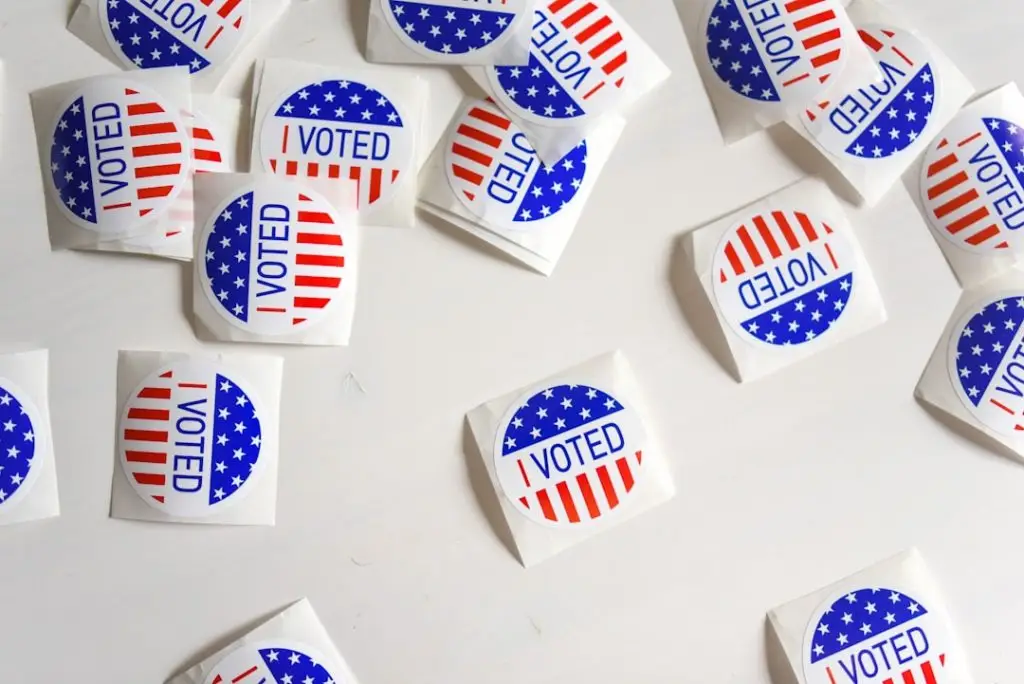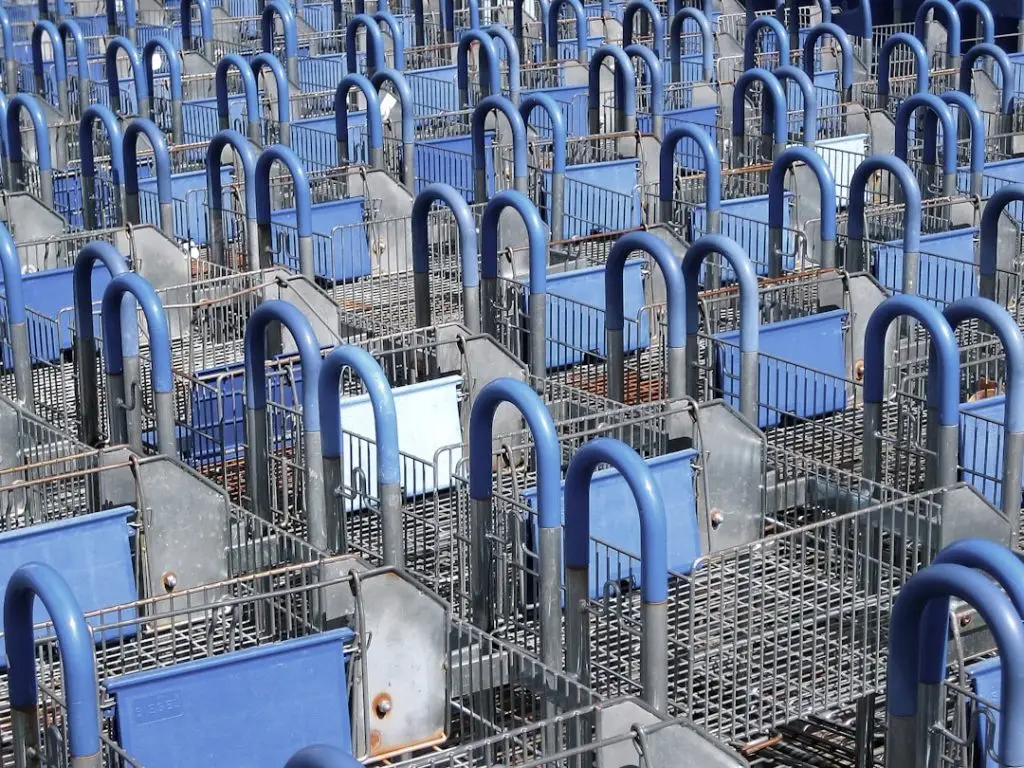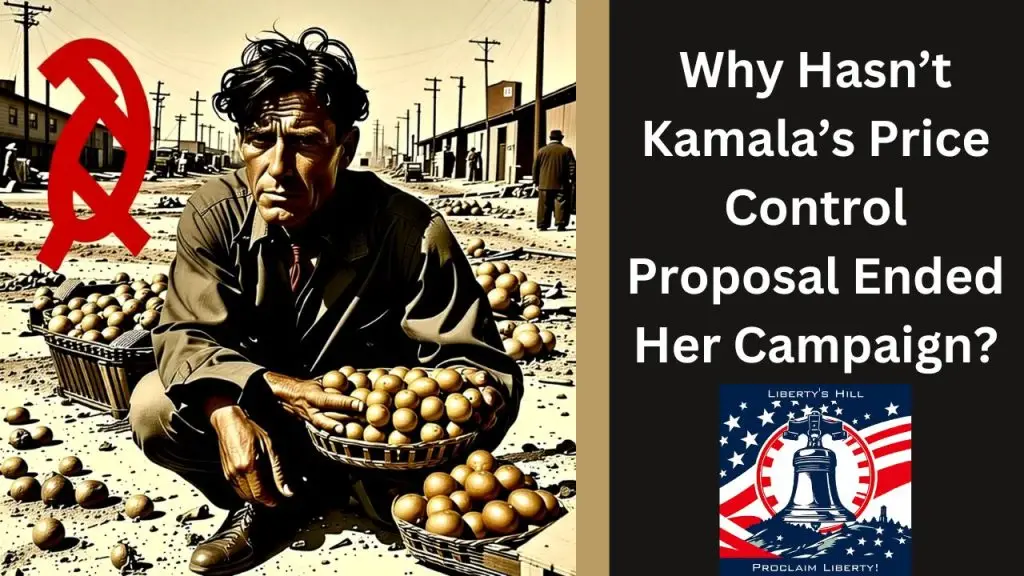Understanding Kamala Harris’s Price Control Proposal: Implications and Insights
Kamala Harris’s proposal for price controls on groceries has sparked a significant debate, raising questions about economic literacy and the implications of such policies. In this blog, we will explore the various facets of her proposal, its potential impact on consumers and the economy, and the broader context of economic education in America.
The Proposal: Price Controls on Groceries
Kamala Harris’s suggestion to implement price controls on groceries during her presidential campaign is a bold move. It reflects a growing concern among politicians about rising food prices amid inflation. However, this proposal raises eyebrows about its effectiveness and the economic principles behind it.

Photo by Marjan Blan on Unsplash
Price controls are government-imposed limits on how high or low a market price may go. While they might seem like a quick fix to help consumers struggling with inflation, they can lead to unintended consequences. Dr. Bill Brannan highlights that this approach often results in shortages and decreased quality as producers respond to artificially low prices.
The Educational Gap in Economic Understanding
One of the core issues highlighted by critics is the apparent lack of economic education among the general public. If citizens had a better grasp of basic economic principles, they might recognize the potential pitfalls of price controls. This lack of understanding allows proposals, like Harris’s, to gain traction despite their economic flaws.

Photo by Mikael Kristenson on Unsplash
Dr. Brannan argues that the education system is failing to instill essential economic knowledge. As a result, many voters may not comprehend the long-term repercussions of such policies, leading to misguided support that could ultimately harm consumers rather than help them.
The Dynamics of Price Controls
Price controls have historically led to adverse effects on the economy. When prices are fixed below market equilibrium, demand often exceeds supply. Producers may reduce their output or exit the market entirely, leading to shortages. For instance, as noted by Thomas Sowell, price controls on sugar resulted in American consumers paying billions in higher prices while the government incurred significant costs to store surplus sugar.

Photo by Vladislav Iakunichev on Unsplash
Politically, such policies can gain bipartisan support because they appeal to different voter segments. Subsidies may benefit large corporations while simultaneously creating a dependency among low-income individuals on food assistance programs. This cycle can entrench poverty and limit the effectiveness of economic policies aimed at helping the needy.
Historical Context of Price Controls
Throughout history, government-imposed price controls have often led to diminished living standards. In extreme cases, such as in some controlled economies, these measures have contributed to starvation, as food rotted in storage while people were unable to afford it. The lessons from past implementations of price controls should inform current policy discussions.

Photo by Austrian National Library on Unsplash
Harris’s proposal could be seen as a continuation of a trend where politicians attempt to solve immediate problems without considering the broader economic implications. The need for a more informed electorate is paramount to prevent the implementation of harmful policies.
The Role of Government in Economic Stability
Many argue that the government’s role should focus on creating an environment conducive to free-market principles rather than imposing controls that distort market dynamics. The solution to rising prices may lie in reducing unnecessary regulations and fostering competition among producers, rather than in controlling prices directly.

Photo by Element5 Digital on Unsplash
By removing agricultural subsidies and embracing free-market strategies, the government could address the root causes of inflation and improve food affordability. This approach would require a shift in how policymakers view their role in the economy and a commitment to promoting economic literacy among citizens.
Education as a Solution
To empower citizens with the knowledge necessary to understand complex economic policies, a reform in educational curricula is essential. Incorporating basic economics into high school education could provide students with the tools to critically assess proposals like Harris’s and understand their implications.

Photo by Kimberly Farmer on Unsplash
Dr. Brannan suggests that introducing influential economic texts, such as Thomas Sowell’s “Basic Economics,” into school curricula could foster a new generation of informed voters. This knowledge could inspire future leaders who prioritize sound economic policies over populist rhetoric.
The Moral Imperative for Economic Understanding
Beyond education, there is a moral imperative for society to cultivate values that prioritize the common good over individual interests. Encouraging self-sacrifice for the benefit of others can help create a society where informed citizens actively engage in shaping policies that promote human flourishing.

Photo by Michael Jasmund on Unsplash
Religious institutions also have a role to play in this transformation. By emphasizing the importance of justice and liberty in economic discussions, they can help foster a culture that values informed decision-making and ethical leadership.
Conclusion: The Path Forward
The proposal for price controls on groceries by Kamala Harris has opened a dialogue about the need for better economic education and awareness among voters. As we navigate these complex discussions, it is crucial to recognize the importance of informed decision-making in shaping effective economic policies.

Photo by AbsolutVision on Unsplash
While immediate solutions to rising prices are necessary, they must be grounded in sound economic principles to avoid the pitfalls of past policies. By fostering a culture of education and ethical leadership, we can work towards creating a society that truly promotes human flourishing and economic stability.
Please share your thoughts in the comments below, and consider subscribing for more insightful discussions on economic policies and their implications.


